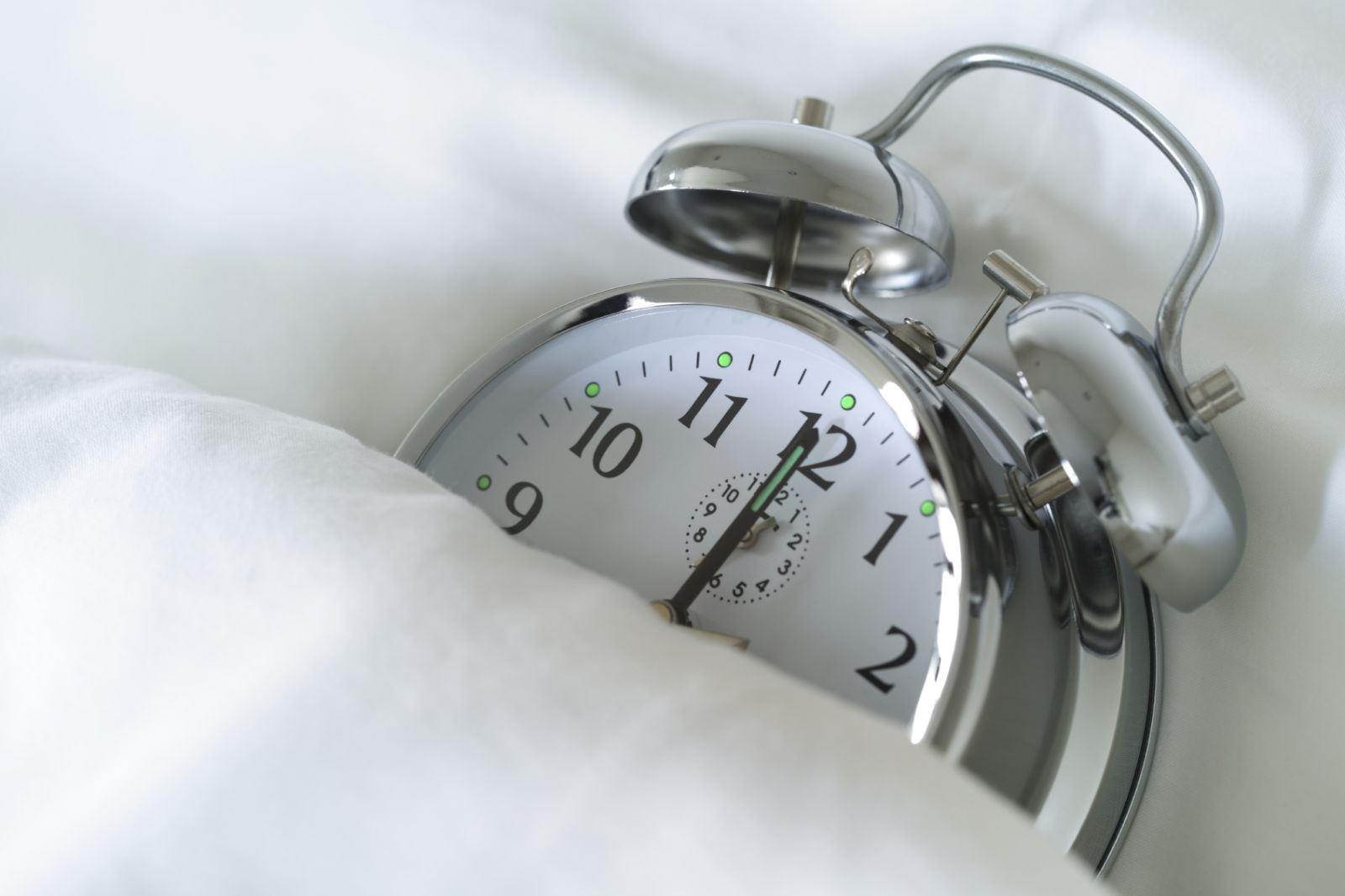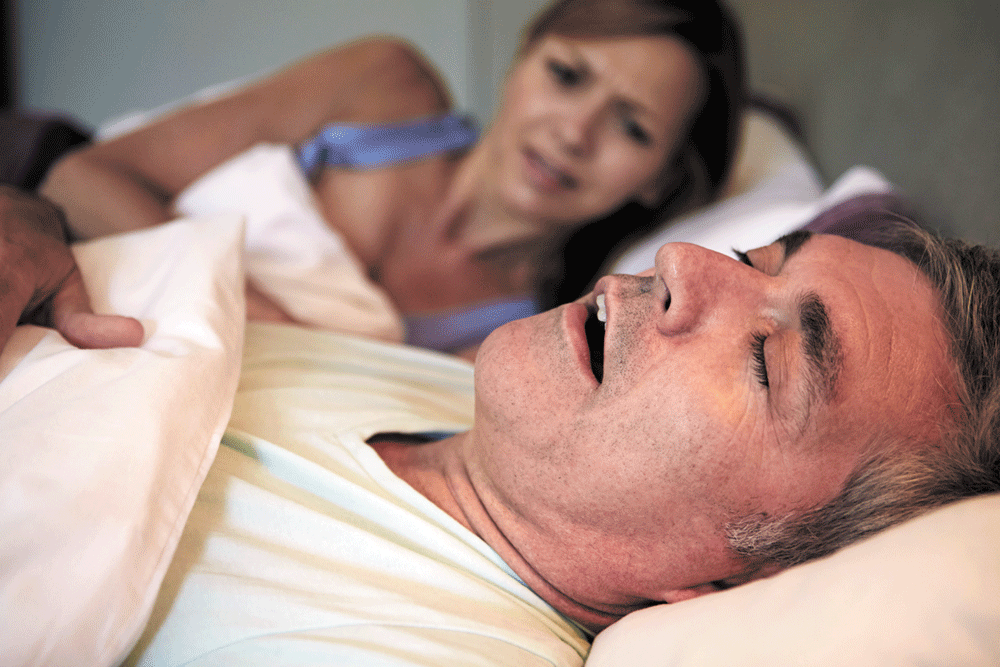
What are somatic workouts?

How to curb your stress eating

How to spot Parkinson’s disease symptoms

8 simple ways to reduce ultra-processed foods in your diet

Heart failure symptoms in women: How they’re different

GERD diet: Foods to avoid to reduce acid reflux

Strong is the new skinny

Everyday habits that sneakily weaken your bones

Don’t wait to get help for back pain

Correcting how you walk may ease osteoarthritis knee pain
Sleep Archive
Articles
Teens are getting less sleep, which raises heart disease risk
Teens are getting less sleep than ever. This leaves them prone to conditions like high blood pressure and insulin resistance which increased the risk for heart disease and diabetes later on.
3 simple ways to get more restful sleep
Even people without insomnia can have trouble getting a good night's rest. Many things can interfere with restorative sleep — crazy work schedules, anxiety, trouble putting down the smartphone, even what you eat and drink.
The following three simple steps can help you sleep better.
Repaying your sleep debt
Why sleep is important to your health and how to repair sleep deprivation effects.
If sleep were a credit card company, many of us would be in deep trouble.
Medical evidence suggests that for optimum health and function, the average adult should get seven to nine hours of sleep daily. But more than 60% of women regularly fall short of that goal. Although each hour of lost slumber goes into the health debit column, we don't get any monthly reminders that we've fallen in arrears.
I'm so lonesome I could cry
The health risks of loneliness and isolation have been known for some time, but more recently research has shown the specific effects in the brain. Finding ways to make connections with other people is the best "medicine" to alleviate the mental and physical effects of loneliness.
Is my constant exhaustion normal?
Ask the doctors
Q. I feel like I'm tired all the time. Is this just a normal part of aging?
A. The short answer to your question is, no. Getting older may mean you have less endurance than you used to and you may feel tired sometimes, just like anyone else, but if you are experiencing long-lasting daily fatigue, there could be an underlying medical cause.
Don't let jet lag affect your sleep
Many people find that crossing several time zones makes their internal clocks go haywire. In addition to experiencing headaches, stomach upset, and difficulty concentrating, they may also suffer from fitful sleep.
But there's no need to waste time riding out the effects of jet lag. Try these jet lag remedies the next time you travel.
Uncovering the connection between sleep and heart health
Research we're watching
Sleeping either too little or too much has been linked to a higher risk of heart disease. But how much do other interconnected factors — namely, activity levels and body weight — affect this observation?
In an effort to find out, researchers studied nearly 240,000 healthy adults ages 51 to 72 who were part of a nationwide health study. The investigators examined the influence of moderate-to-vigorous physical activity, television viewing, and body mass index on sleep duration and death rates.
Is snoring always a sign of sleep apnea?
Ask the doctors
Q. My partner says I snore at night. Does this mean I have sleep apnea?
A. If you snore at night, you're in good company. Some 90 million Americans have the same problem, according to the American Sleep Apnea Association. And luckily, not all of them have sleep apnea. Snoring is typically caused by a narrowing of your upper airway. Tissues in the back of your throat sometimes relax in your sleep and drop down, partially blocking the passageway. Air from your breathing rattles the tissue, creating that distinctive noise as it flows past.
Positive outlook may mean better sleep
In the journals
Image: © gpointstudio/Thinkstock
Trouble sleeping? You may need to examine your outlook on life. A study published online July 10, 2017, by Sleep Science and Practice found that people who felt they had more meaning and purpose in their life had fewer sleep disturbances like sleep apnea and restless legs syndrome.
Researchers asked 823 older adults, average age 79, to fill out questionnaires about their sleep quality and their feelings about their lives, such as how strongly they agreed with statements like "I feel good when I think of what I've done in the past and what I hope to do in the future."
Can getting quality sleep help prevent Alzheimer’s disease?
Sleep gives the brain the opportunity to rid itself of proteins believed to contribute to the development of Alzheimer’s disease, and now research is showing an association between poor sleep and the accumulation of those proteins.

What are somatic workouts?

How to curb your stress eating

How to spot Parkinson’s disease symptoms

8 simple ways to reduce ultra-processed foods in your diet

Heart failure symptoms in women: How they’re different

GERD diet: Foods to avoid to reduce acid reflux

Strong is the new skinny

Everyday habits that sneakily weaken your bones

Don’t wait to get help for back pain

Correcting how you walk may ease osteoarthritis knee pain
Free Healthbeat Signup
Get the latest in health news delivered to your inbox!
Sign Up











